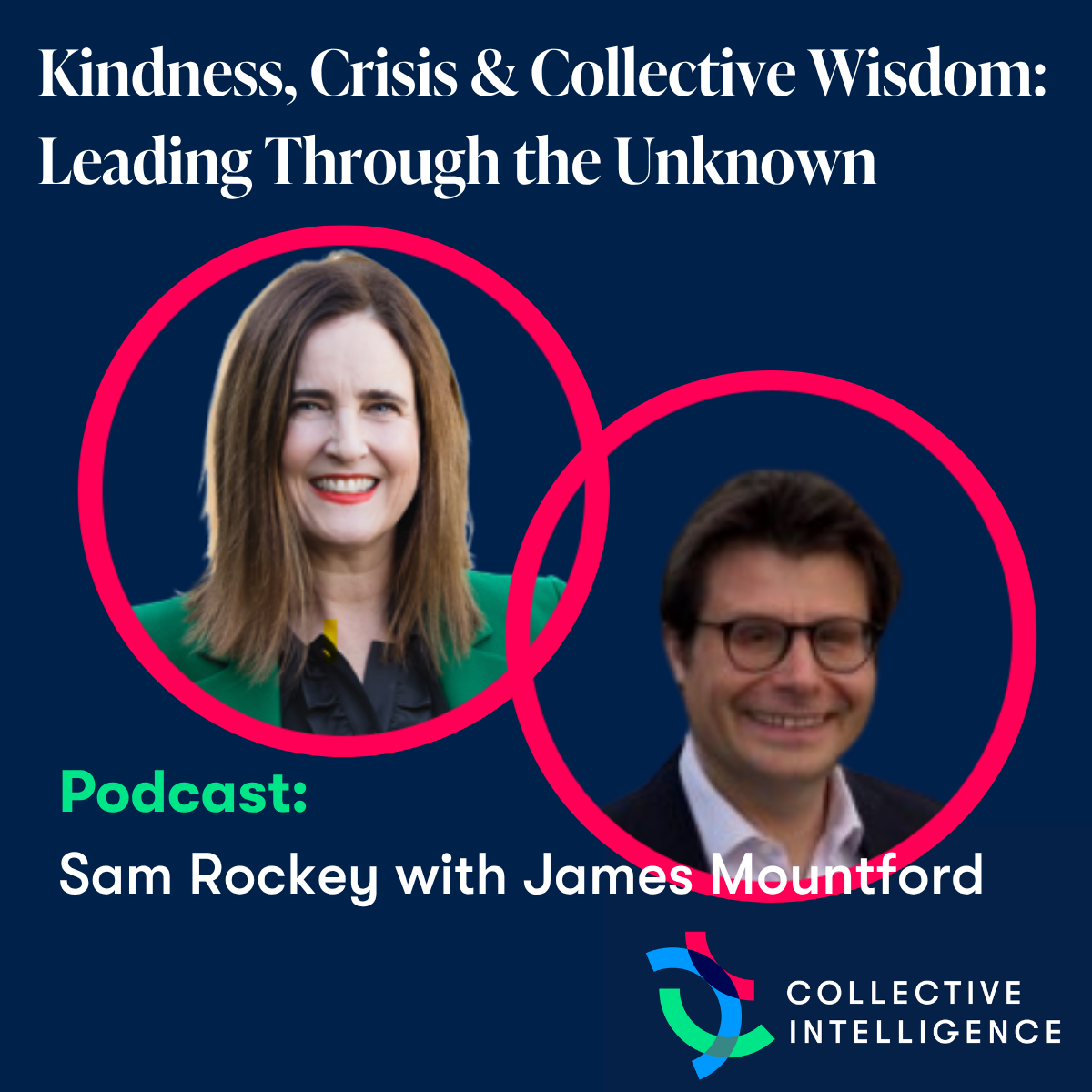At Thompson Harrison our work is about reimagining workplaces of the future so that the individuals, teams and societies in which they operate, thrive. Of particular importance is how the young people might be engaging with their places of work and indeed how their places of work engage with them. We were curious about whether the website headlines and assumptions about Gen Z (born between 1997 and 2012 and new into the workplace) were true. So much media noise about the Gen Zs is that they are indolent snowflakes, obsessed with TikTok, well being and niche identity politics. They are whiny and work-shy; they’re quietly quitting. Gen Z have tiny attention spans and, for all their ease with technology, lack communication skills, can’t ‘read the room’, and therefore ‘need training in soft skills’.
There’s an underlying tone in much of the reporting, a knowing dismissiveness that speaks to a much older theme: enduring prejudice against the young. To find out how much truth there is to these tropes and what else is going on, Thompson Harrison commissioned research into the attitudes and experiences of Generation Z in the workplace.































.png)


































.png)





















.png)















.jpg)
